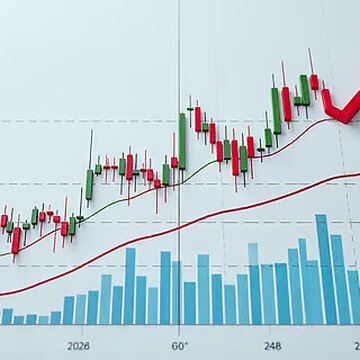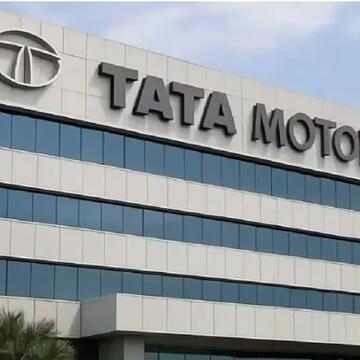Zepto’s co-founder and chief executive, Aadit Palicha, in an extensive interview with Forbes India, admitted that the use of what customers described as "dark patterns" on Zepto's quick commerce platform earlier was a mistake. He said all such practices have now been rolled back.
‘Feedback was valid': CEO on delivery charges
As per a report by Moneycontrol, the 23-year-old founder said that the company had been testing various pricing models, including several delivery-related fees. These included those users complained about on social media sites and a dedicated Reddit forum, things like rain fees, cash-handling charges, item-handling costs, small-cart fees, convenience fees and other add-ons that customers said were not clearly communicated.
Also Read | Godrej delivers India’s first 'Human-Rated' L110 Vikas Engine to ISRO for Gaganyaan
As Palicha said, consumer reaction made it clear that many of these buildings were not popular. “A lot of it wasn’t received well on social media or by consumers, and honestly, much of the feedback was valid,” he said. He clarified that the changes were not driven by any regulatory pressure. “There wasn’t any regulatory angle to it-it had nothing to do with government intervention. We just felt it wasn’t the right thing for consumers. The feedback was negative, so we voluntarily decided to roll it back. Within 45–60 days, we had addressed it and moved on.”
Earlier this month, Zepto formally dropped handling charges, surge-based levies, and convenience fees as part of a revised pricing policy.
Addressing the Warehouse controversy
Palicha also referred to the temporary suspension of Zepto’s warehouse licence in Dharavi by Maharashtra’s Food and Drug Administration, following an inspection in June, which had pointed to fungal contamination, expired items being stored along with fresh ones, and sanitation lapses. “The expired product that people were talking about in one of our stores wasn’t actually in the sellable section,” he said.
He said the situation was misconstrued. The picture of the expired product, which went viral on social media, came from the warehouse’s non-sellable section, where expired goods are kept before being disposed of. “In our stores, we have a sellable section and a non-sellable section. The non-sellable section is where we move products that have expired. What happened was someone took a photo of the non-sellable section, the expired bin, and claimed it was being sold to customers. But that wasn’t the case,” he said.
As per the report, after follow-up inspections across several facilities, the warehouse resumed operations within days. A company statement said Zepto remains committed to maintaining strict food safety and hygiene standards.
Also Read | Why Tata Motors shares fell even after a 2,110% profit surge
‘We killed it': Palicha on reversing pricing experiments
Reflecting once more on the pricing backlash, Palicha said the company recognised that the experience did not align with its values. “The negative feedback made us realise this isn’t who we are. So we killed it,” he said, adding the controversial fee structures had been pulled "a while ago."










